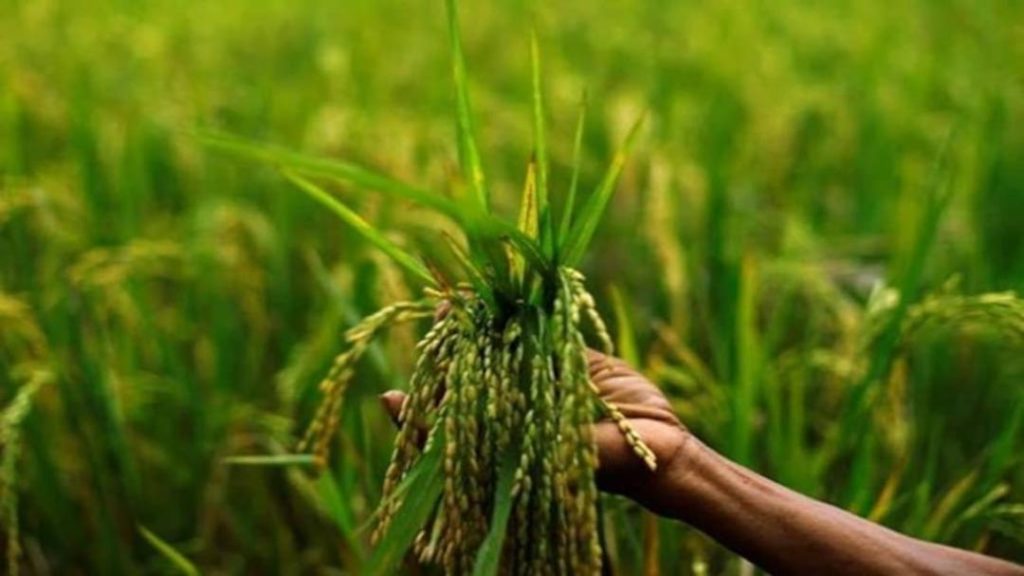
India Cutting Chenab’s Supply Will Increase Water Shortage & Impact Crops, Accepts Pakistan
The ongoing tussle between India and Pakistan over the Indus Waters Treaty (IWT) has taken a new turn, with Pakistan’s Indus River System Authority (IRSA) acknowledging that India’s decision to cut the flow of the Chenab River after suspending the treaty would lead to increased water shortages across the country. The IRSA has also warned that this move will have a significant impact on the upcoming kharif crops, which are already facing a severe shortage.
As per reports, India has decided to reduce the flow of the Chenab River, which is one of the six rivers that form the Indus River System, in response to Pakistan’s refusal to comply with the IWT. The treaty, signed in 1960, governs the sharing of the waters of the Indus, its tributaries, and other eastern rivers between India and Pakistan. However, Pakistan has been facing water scarcity issues in recent years, and the IWT has become a contentious issue between the two nations.
The IRSA, responsible for managing the Indus River System in Pakistan, has stated that the reduction in the flow of the Chenab River will lead to a 21% shortage in water supply for the remaining early kharif season. The authority has also warned that the water shortage in the late kharif season is estimated to be around 7%. Kharif is the summer crop season in India and Pakistan, which typically runs from June to September.
The IRSA has urged India to reconsider its decision and adhere to the IWT, which ensures a fair and equitable distribution of water between the two nations. The authority has also requested India to provide Pakistan with detailed information on the reduction in the flow of the Chenab River, as well as the measures being taken to mitigate the impact on Pakistan’s water supply.
Pakistan’s water scarcity issues are well-documented, and the country has been struggling to meet the increasing demand for water due to factors such as population growth, urbanization, and climate change. The country’s water reserves have been dwindling rapidly, and the situation is likely to worsen in the coming years.
The reduction in the flow of the Chenab River will have far-reaching consequences for Pakistan’s agricultural sector, which is the backbone of the country’s economy. The crop season is already underway, and the shortage of water will not only affect the yield but also the quality of crops. The impact will be particularly severe on crops such as rice, wheat, and sugarcane, which are critical to Pakistan’s food security.
The situation is not only a matter of concern for Pakistan but also for the region as a whole. The Indus River System is a lifeline for millions of people in Pakistan, India, and other countries in the region. The reduction in the flow of the Chenab River will not only affect Pakistan’s water supply but also have implications for the region’s food security and economic stability.
In light of the situation, it is essential for India and Pakistan to engage in constructive dialogue to resolve the issue amicably. The suspension of the IWT is a serious matter, and it is crucial for both countries to work together to find a solution that takes into account the interests of both nations.
The IRSA’s warning about the impact of the reduction in the flow of the Chenab River on Pakistan’s water supply and crops is a stark reminder of the consequences of the IWT suspension. It is essential for India and Pakistan to prioritize the well-being of their people and the region’s environment by finding a solution to this critical issue.






